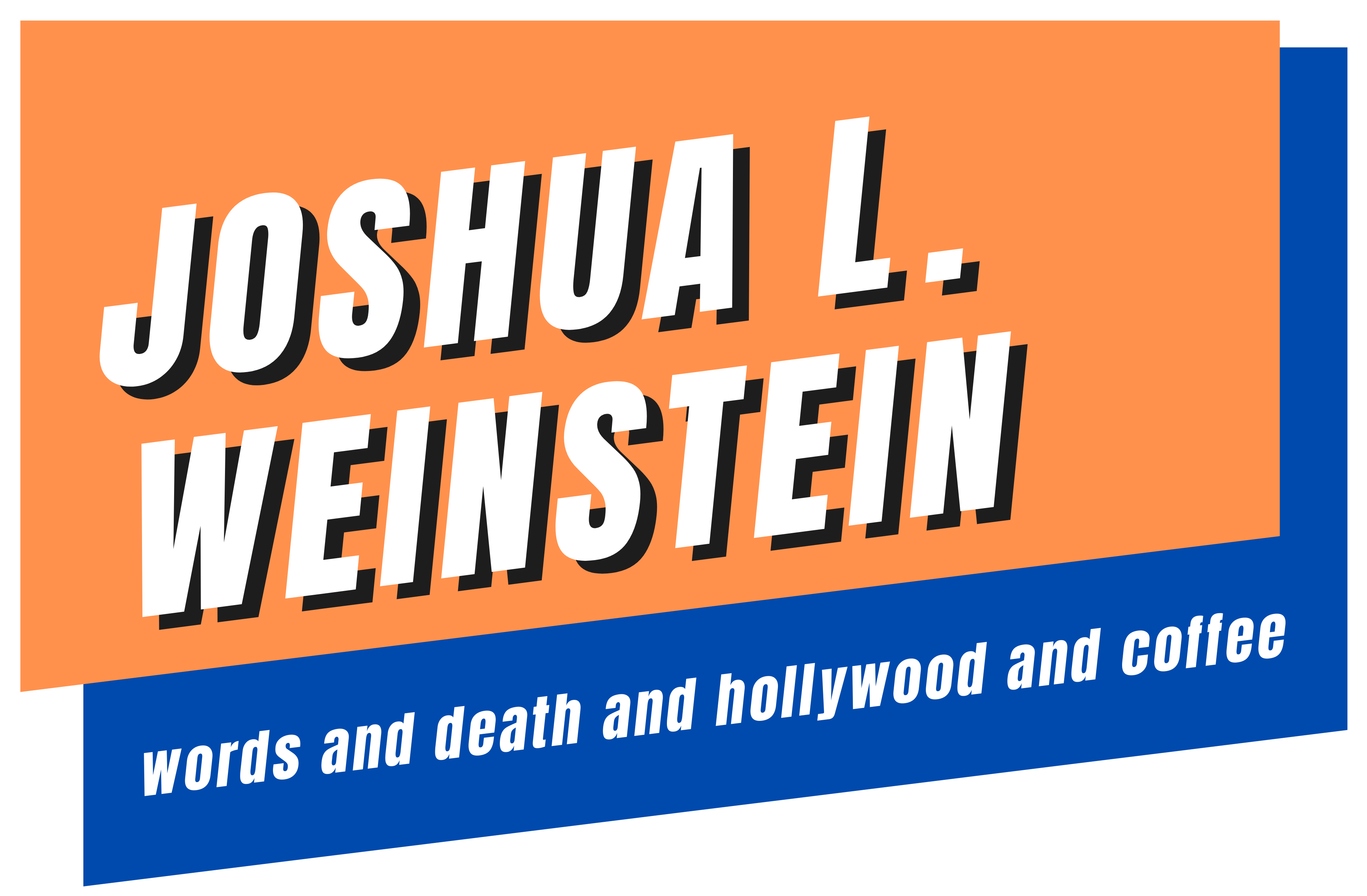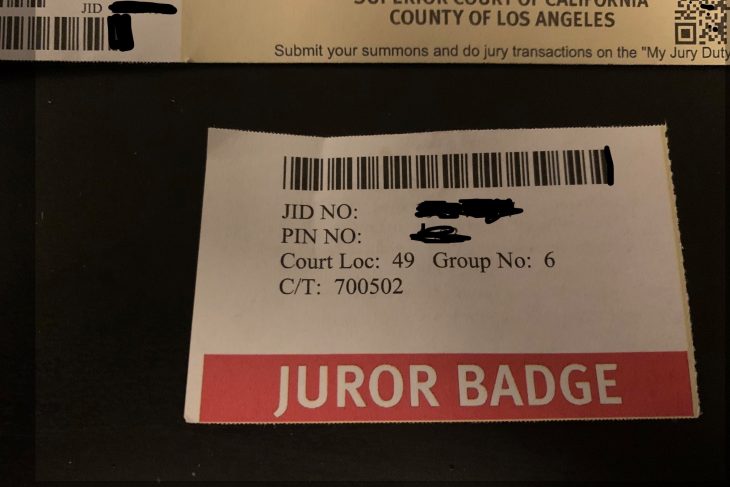Two words ended an argument (no—not those two words)
The caller was hopping mad—angry enough to unload on a stranger. I was the stranger. The unloadee. And according to the guy at the other end of the phone, I was biased, corrupt, intentionally misleading, and, among other things, no
The caller was hopping mad—angry enough to unload on a stranger.
I was the stranger. The unloadee. And according to the guy at the other end of the phone, I was biased, corrupt, intentionally misleading, and, among other things, no damn good.
Them’s fighting words for anyone. To a newspaper reporter, which I was at the time, they’re especially infuriating.
And it was one of my favorite calls ever.
I don’t remember the details, but the gist of it was, I didn’t include some information the caller thought was relevant in that day’s newspaper. The story had the standard One Side Says This, The Other Side Says That, but it didn’t reflect my caller’s perspective.
I had the feeling the guy was itching for a fight. Or at least an argument. After a minute or two of what sounded to me like a well-rehearsed rant, he spat out something to the effect of, “Well? What do you have to say for yourself?”
I answered with two words—and no, not those two words.
They turned an angry guy into an ally.
I said:
“You’re right.”
He seemed entirely unprepared for that answer, because he went silent for a second or two.
“Excuse me?” he finally asked.
“You’re right,” I repeated. My article missed his ideas entirely.
“I’m not bad,” I told him. “Just stupid.”
Stupid was inaccurate. I should have gone with ignorant. Fact is, until he called, his idea never entered my mind. If it had, I probably would have included it in the story.
I told him he had a really good point, and that I’d include his perspective in follow-up stories. I’d even quote him.
And I did.
For years afterward, that guy—a political activist who had bought into the false narrative that newspaper reporters slant their stories to deceive or manipulate readers—defended me in online message boards.
We weren’t friends, but we had a friendly relationship. I felt comfortable calling him for a gut-check on certain stories, and he felt comfortable calling me to let me know about issues that were important to him. His perspective brought added depth to my stories. It let me do a better job serving my readers.
“You’re right” is disarming. It’s intellectually honest. It shows humility. It offers dignity. It lets people know you’re listening in a way that “I hear you” just doesn’t. It builds relationships.
I learned the power of “you’re right” years earlier, when I was a reporter for the largest daily newspaper in Florida, the St. Petersburg Times (now the Tampa Bay Times). Andy Barnes, the brilliant and thoughtful editor and CEO of the newspaper, was doing a Q&A after a speech.
One of the questions was particularly hostile. It wasn’t even a question, really. More like a snarl accusing the Times of insufficiently covering something. I admired (and admire) the hell out of Andy, and I thought, “Here we go. Andy’s gonna rip this guy a new one.”
Instead, Andy paused for a moment and said, “You’re right.”
He said the newspaper could do a better job addressing some issues. He explained a little about daily journalism. He was dignified where he could have been defensive. He answered the question like the honest broker he was, and he gained credibility.
Both my cranky caller and Andy’s angry accuser had something in common: They both came in hot, operating on a faulty assumption. My caller assumed I intentionally kept his point of view out of the newspaper out of malevolence, or to push an imagined agenda. The truth was, I hadn’t thought about his point of view because I wasn’t aware of it.
Just as Andy taught me the power of “You’re right,” my caller showed me the folly of ascribing malice to simple lack of awareness.
I’ve made the same mistake. I’ve jumped to conclusions and decided that people I disagreed with had rotten motives (or were rotten people). Since that call, I don’t do that as much. Life is a whole lot better—and I’m a whole lot more productive—this way.
A caveat: “You’re right” only works when the other person is, y’know . . . right. Or when some part of their point—even a tiny one—is valid. This isn’t about rolling over. It’s about recognizing and acknowledging when someone else has a legitimate point. If they’re wrong, they’re wrong. Don’t pretend otherwise.
Those two syllables—“you’re right”—aren’t just about winning an argument. They’re about letting go of the need to always be right. And since no one is always right, that’s a pretty good need to let go of.
Funny thing is, when you’re able to admit that someone else might be onto something, you show that maybe you are the smartest person in the room. Possibly the most confident. The best colleague. The most effective boss. Certainly one of the most positive.
If you disagree, that’s OK. But you’re wrong.










